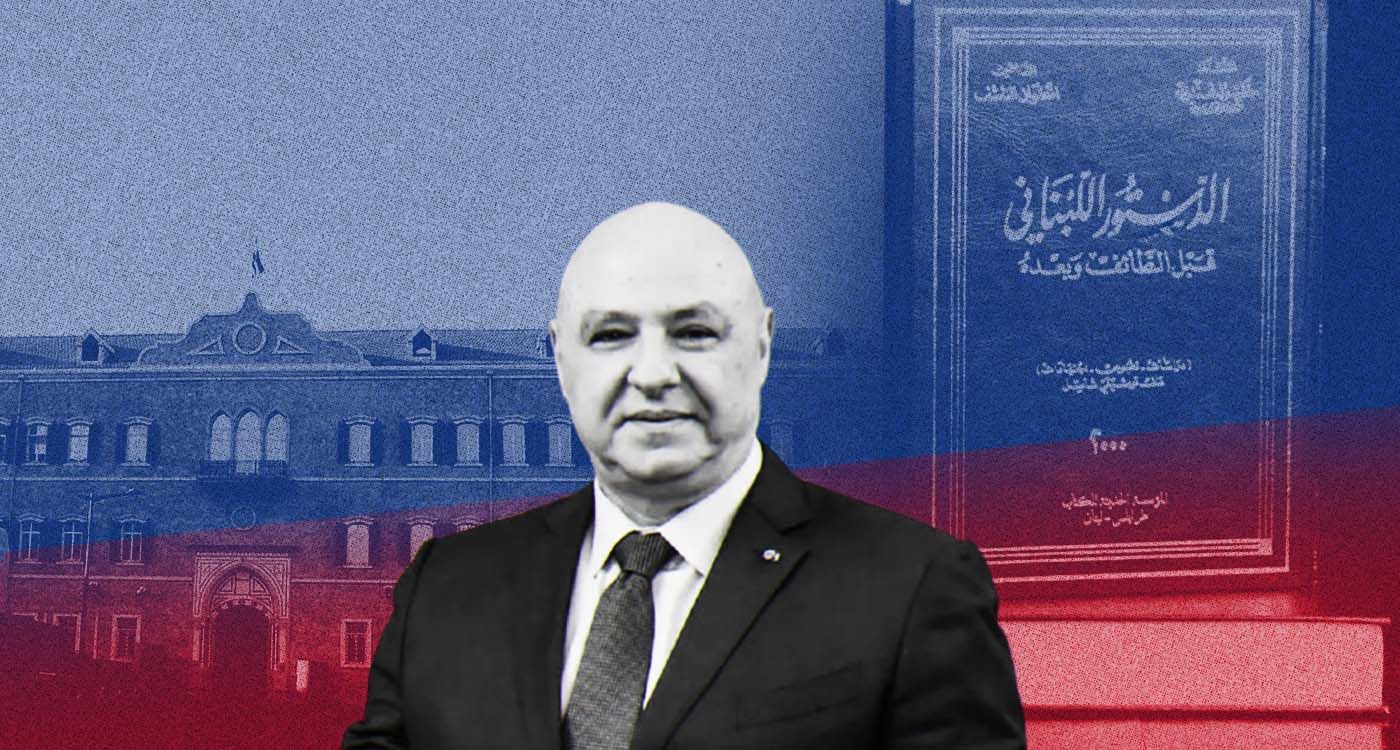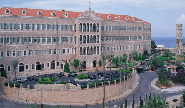
The Lebanese people are eagerly awaiting the formation of the first ministerial team of President Joseph Aoun’s mandate. As French President Emmanuel Macron emphasized during his recent visit to Beirut, the government’s composition must reflect “the momentum set by President Aoun in his inaugural address on January 9.” In other words, Nawaf Salam’s cabinet must deliver on the president’s promises, which, for the first time in years, have given the Lebanese people a renewed sense of hope that meaningful change – long dismissed as impossible – may finally be within reach.
The composition of the government will set the tone for the years ahead. It will either nurture and strengthen this hope or shatter it, given the president's monumental task of rebuilding the state. This entails everything – absolutely everything – and, above all, ending poor governance, Lebanon's endemic scourge, which the president has identified as his top priority, declaring, “The hour of truth has arrived.”
In keeping with the priorities outlined in President Aoun’s inaugural speech, the government is expected to focus on judicial, administrative and diplomatic appointments once it secures a vote of confidence in Parliament. The urgency is clear: Salam’s ministerial cabinet will be transitional, stepping down once a new Parliament is elected in the first half of 2026. Its primary mission will be to lay a solid foundation for the term’s various key projects.
Keyword: Trust
This endeavor can only succeed if it is supported from the outset by teams that inspire trust among both the Lebanese people and the international community, which, under France's leadership, is poised to help a distressed Lebanon “return to life.”
The new leadership is expected to prioritize filling vacancies at various levels of the judiciary, in line with the president's commitment to ensure its independence. This will send a strong signal to the international community of Lebanon's determination to break with past practices, where judicial appointments were largely driven by clientelism. This entrenched issue has long hindered the fight against corruption, contributing to selective justice and the obstruction of key investigations, such as the probe into the August 4, 2020 double explosion at Beirut Port.
It is also worth noting that the last judicial appointments were made in 2019. A year later, former President Michel Aoun blocked a series of judicial transfers proposed by the Supreme Judicial Council, chaired by Judge Souheil Abboud, because the Free Patriotic Movement (FPM), founded by Aoun, claimed the changes negatively affected judges loyal to the party. Aoun refused to sign the decree and asked the council to revise the document. The issue has remained unresolved ever since.
Equally crucial are administrative appointments that prioritize assigning the right person to the right position, breaking away from the entrenched clientelist practice of treating positions as part of a political spoils system. This would send a powerful message to the international community, especially if the government swiftly moves to “free” the electricity regulatory authority. The formation of this independent body, planned since 2002, is one of Lebanon’s most urgent reform demands. This independent body is expected to oversee the energy sector, a massive source of corruption responsible for more than 40% of Lebanon’s public debt. Over time, and under successive ministers, it has come to epitomize the corruption and poor governance that have devastated Lebanon and led to its 2020 economic and financial collapse.
At the same time, Lebanon’s supervising bodies, which are responsible for ensuring the proper functioning of the administration, must be empowered to fulfill their roles without political interference, as promised by President J. Aoun.
Arms: No Room for Half-Baked Solutions
Addressing the ongoing socio-economic crisis is undeniably one of the major challenges the government will face once the foundation for reforms is laid. Without these reforms, it would be unrealistic to expect Lebanon to receive meaningful assistance to escape the “hell” it has been plunged into due to past practices.
However, reforming the judiciary and administration will remain insufficient unless paired with the third essential pillar: “the state’s right to a monopoly on arms” as underlined by the president in his inaugural speech. Is it necessary to remind that Lebanon continues to pay the steep price of Hezbollah’s show of force on May 7, 2008, which led to the Doha Agreement (May 21, 2008), granting veto power that further entrenched the Iranian-backed group’s control over the state? Should we also recall the events of October 15, 2021, in Tayyouneh-Ain al-Remmaneh, another display of power orchestrated under the pretext of a mobilization by the Amal-Hezbollah duo against Judge Tarek Bitar, who was leading the investigation into the Beirut port double-explosion?
The reason for citing these two examples is to underscore that it is not enough for Hezbollah’s arsenal to be relocated north of the Litani River, as stipulated in the ceasefire agreement with Israel. Disarmament is just as crucial in the northern Litani.
If half-solutions are allowed, there will always be the risk that weapons will continue to serve as a tool of intimidation, enabling the Amal-Hezbollah duo to achieve through force what they cannot secure through political maneuvering. Lebanon will also be unable to pursue genuine recovery.
The new mandate, determined to hit the ground running, cannot afford delays in tackling this issue. Failure to act will undermine its efforts, leaving the Lebanese state and people vulnerable to illegal arms, despite the fact that Hezbollah no longer has the freedom it once had to replenish its arsenal.
Another urgent matter that requires immediate action is the Syrian dossier. This long-standing burden that Lebanon has borne for years is both intricate and multifaceted. The mandate will have a daunting task, addressing harmful agreements made with the former Assad regime, border control issues and the management of hundreds of thousands of Syrian migrants. This is further complicated by the reluctance of donors to assist Lebanon in resolving the migrant crisis, which has now been aggravated by an unknown number of “new refugees” – members of Bashar al-Assad’s regime fleeing the new Syrian administration.




Comments